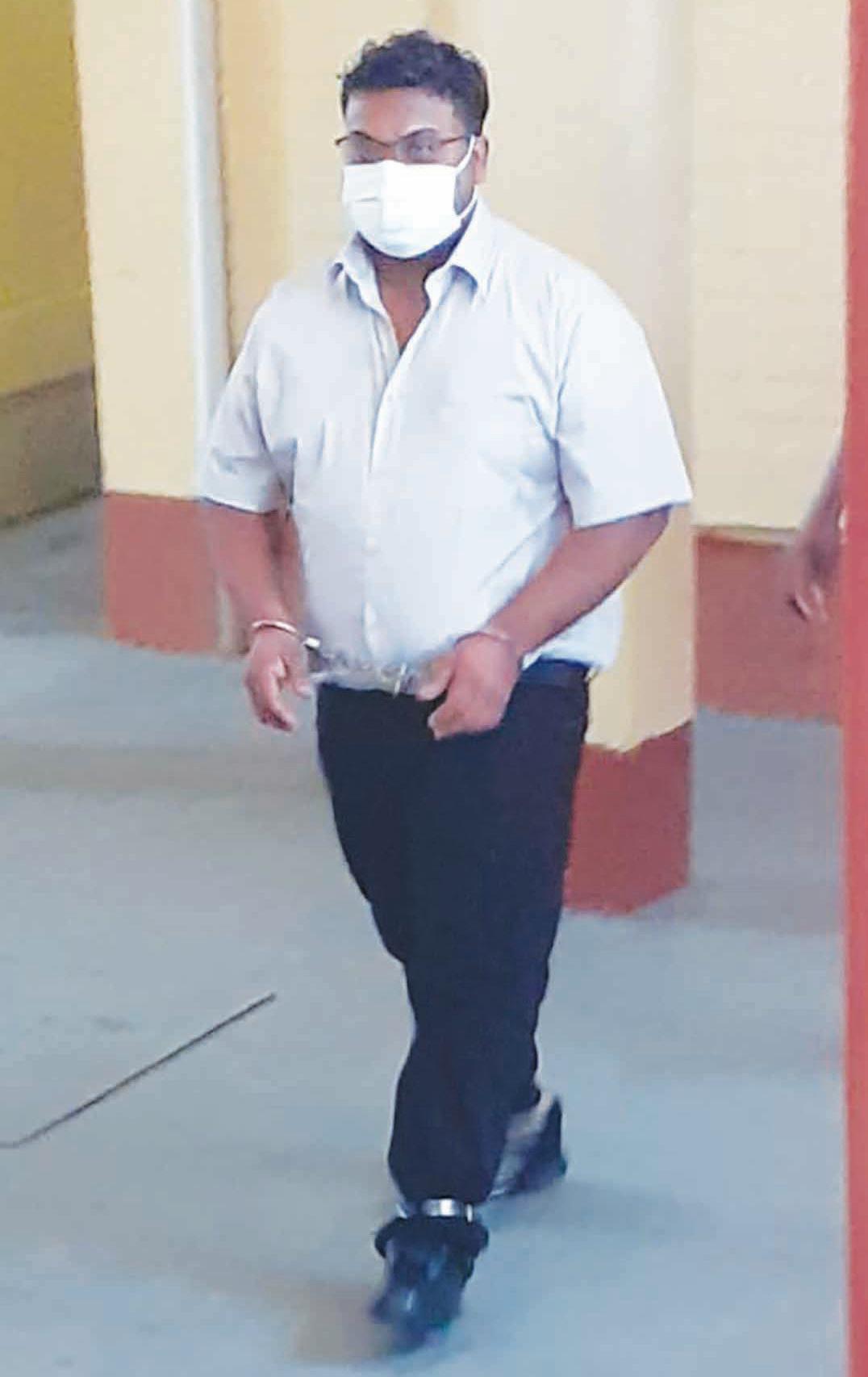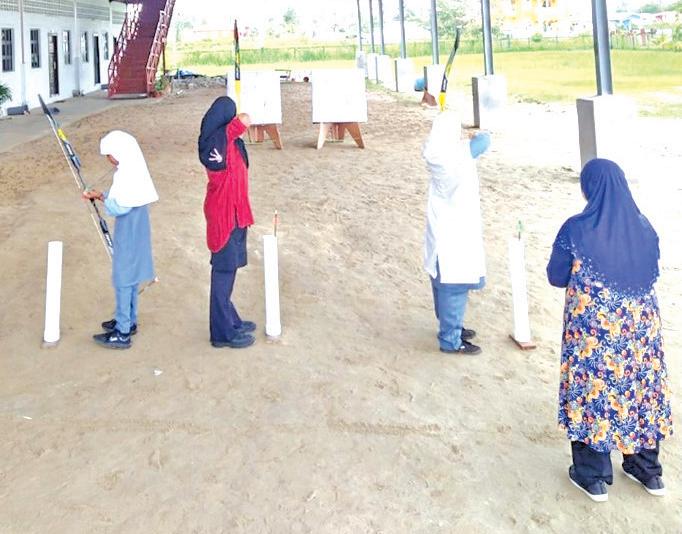
2 minute read
Muslim scholar facing second child rape trial
Nezaam Ali, the Muslim scholar who, in 2019, was jailed for 45 years for raping a nine-year-old boy, is once again on trial for a similar offence at the Sexual Offences Court in Demerara.

Accompanied by his lawyer Dexter Todd, he was arraigned before Justice Priya Sewnarine-Beharry, before whom he pleaded not guilty to a charge alleging that he had engaged in sexual activity with a child by abusing a position of trust, contrary to Section 18 (3) (a) of the Sexual Offences Act.
It is alleged that between December 2 and 31, 2011, in the county of Demerara, he engaged in sexual activity with a six-year-old boy by penetrating his anus with his penis while being a teacher—Imam at the Muslim Association Masjid at Turkeyen, Greater Georgetown.
The charge further alleges that Ali, called “Mufty”, “Mufti” or “Muffie”, knew, or could reasonably be expected to have known, of the position of trust he had held in relation to the said boy.
Attorneys-at-Law representing the prosecution: Simran Gajraj, Latifah Elliot and Rbina Christmas, have also presented an alternative count against Ali,
Convicted child rapist
Neezam Ali
for the offence of rape of a child under 16 years old, contrary to Section 10 (3) of the Sexual Offences Act. That charge states that he engaged in sexual penetration of the child between the aforementioned dates.
The trial of this accused is currently ongoing before a mixed 12-member jury.
On March 13, 2019, Ali was unanimously found guilty of sexual penetration of a nine-year-old boy by abusing a position of trust between December 5 and 31, 2011. In his defence, he had denied committing the crime, claiming that he suffers from erectile dysfunction. ing taught to children of Venezuelan immigrants and to aid in integrating them into the public school system.
In sentencing the convict, trial Judge Navindra Singh had, among other things, considered the fact that Ali had taken advantage of an underprivileged boy, and that the sexual abuse had occurred within the walls of a Masjid.
Ali had appealed his conviction and sentence, and had also applied for bail pending the hearing and determination of that appeal, but was denied bail by the Chief Justice.
In his notice of appeal, Ali has asked the Court of Appeal of Guyana to set aside his conviction and sentence, alluding to several misdirections given to the jurors by the Judge.
In one of his grounds of appeal, he claimed that Justice Singh had failed to adequately put his defence to the jury, and that the Judge had misdirected the jury with regard to the medical evidence.
As it is, he is still to face trial for six more counts of child rape. Besides the boy he was convicted of raping, he is accused of sexually molesting the six-year-old boy and seven other boys.
Further, the telecommunications giant donated laptops to the Open Door Community Alliance of Tiger Bay to assist children to access digital resources for their after-school and inclass lessons.
Chief Commercial Officer Simone Pierre emphasised that “Digicel will continue collaborating with NGOs or individuals who are passionate about community development. Numerous success stories have been shared with us and we do anticipate many more in the near future.”
The staff members of Gifted Hands Special Needs School expressed their gratitude for the donation and thanked Digicel for remem- bering them, not only on their birthday, but throughout the year. “We have had a long-standing relationship with Digicel, and we appreciate their continued support,” said Marcia Smith, founder of Gifted Hands school.


On the other hand, The Least of These Foundation Project Coordinator, Sharon James stated, “This is more than what we bargained for, we are so blessed and thankful for this donation as it will go a very long way in helping us with our work. Such a heartfelt thank you, Digicel,” remarked Sharon James,
Finally, the members of The Open Door Community Alliance of Tiger Bay related that the initiative has helped bridge the digital divide and provided essential learning resources to children in the community.










